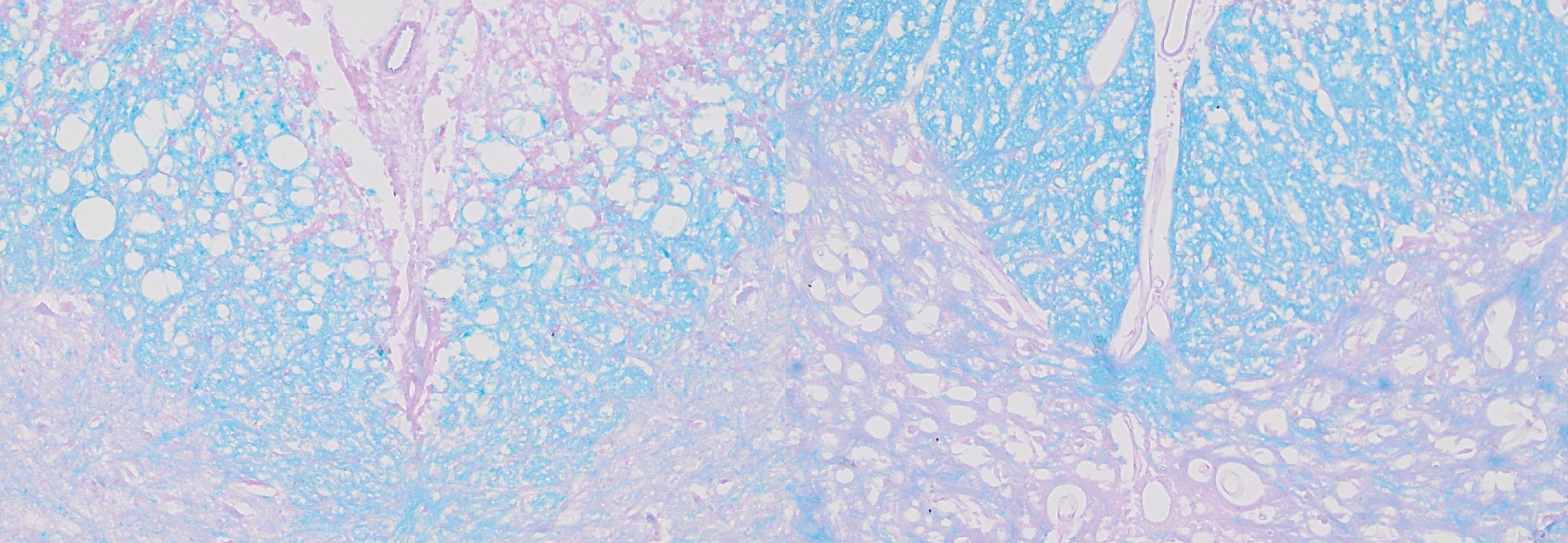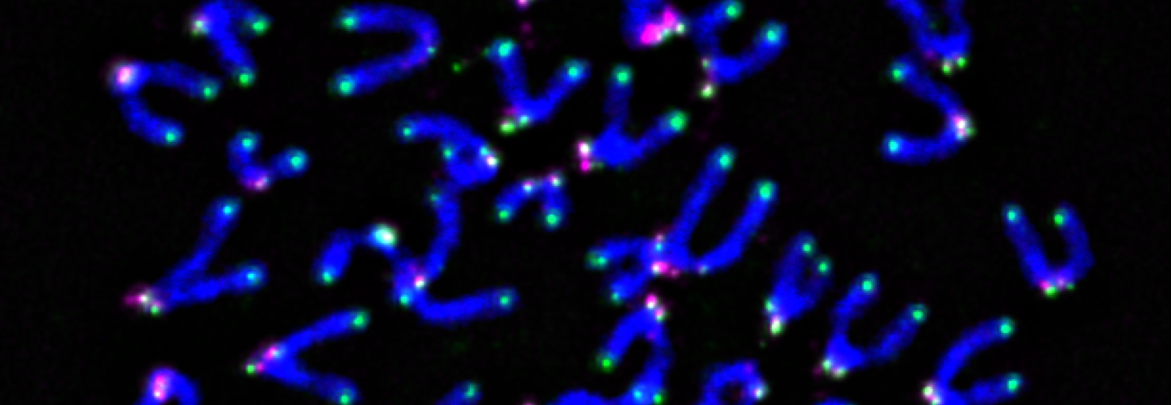-

Solving a lupus puzzle
Mark Shlomchik's research is shedding light on immune receptors that have opposite effects in lupus. Read more
-

When good Th17 cells go bad
The Hawse Lab is studying immune cells that drive multiple sclerosis. Learn more
-

Salmonella superspreaders
Blanda Di Luccia is studying host–microbe interactions in the gut. Learn more
-

Intestinal immunity
The Cortez Lab is studying how parasites can improve some aspects of health. Learn more
-

Targeting telomeres
Dayana Rivadeneira and Greg Delgoffe are studying how preventing damage to T cell telomeres could improve cancer immunotherapy. Learn more
Mission
Our mission is to conduct exceptional and impactful research that uncovers new mechanisms and pathways of the immune system; to translate discoveries to improve human health by combating disease, enhancing vaccination, and controlling cancer and autoimmunity; to incorporate and develop cutting-edge technologies, including systems and computational approaches; and to train the next generation of immunologists in a collegial and dynamic research environment.





